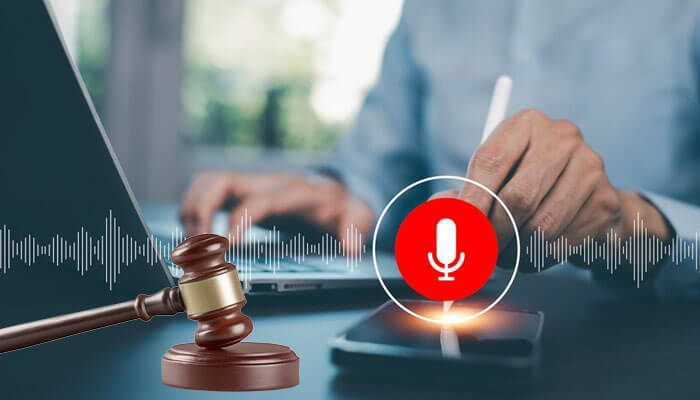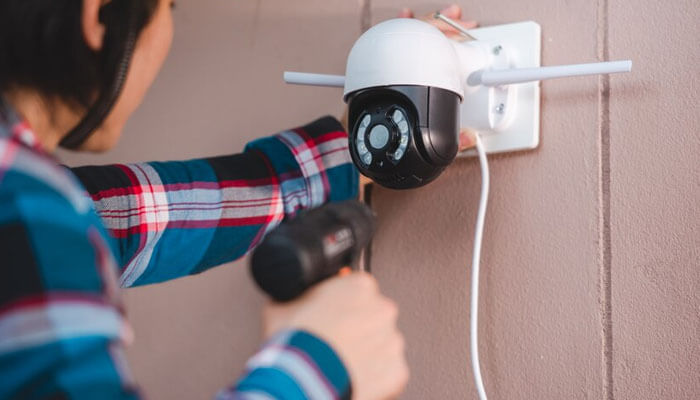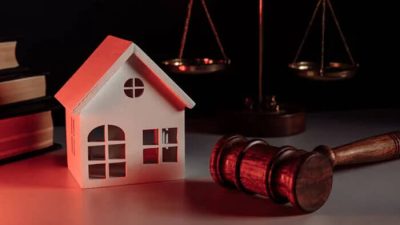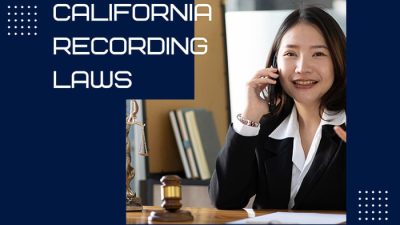In today’s digital era, recording someone without their consent raises serious ethical and legal issues. These concerns are especially relevant in New York because of the state’s specific consent and privacy laws. You can take legal action if you are recorded without consent and which is important for protecting your rights. This article helps you to know answers to the queries most of them have like ‘Can I record a conversation in New York?’, ‘Can I sue someone for recording me without my permission in NY?’ and many more.
Is New York a One Party Consent State?
New York is a One Party Consent State, according to its recording law. Therefore, it is illegal in New York to use any device to record, obtain, exchange, or use communications whether they are electronic, wire, or oral without at least one party consent. This means that in New York, if you are a contributor or have previous consent from one of the people involved then you are legally allowed to record a conversation.
Is it legal to record a conversation in New York?
Conversations in which you are not involved may not be recorded or shared without at least one party’s consent. However, there is an exception under New York law when the individual or people communicating are in an environment where they should not be under privacy expectation.
According to the Federal Communications Commission (FCC), if you are a third party and require the permission from the parties in the conversation, you can get permission to record by:
1. Before recording, get written or verbal consent.
2. Before the conversation starts, a verbal notification is played.
3. During the conversation, a continuous beep tone is repeated at steady intervals.
Can I sue someone for recording me without my permission in New York?
You can file a lawsuit against someone for almost anything in the US, but is it possible to successfully sue someone in New York for filming you without your consent? Yes, but based on the type of recording, the damages involved with the recording or release, and the location/scenario in which the recording was made.
As New York is a One Party Consent state, anyone who participates in a conversation may record it. It would be far easier in a civil case, but if they are not a party to the conversation, they might be charged with a crime under N.Y. Penal Law Section 250.05.
Another increasingly prevalent situation is revenge porn, which is illegal under N.Y. Penal Law § 250.55: Disseminating images of someone else’s intimate or sexual parts that were obtained through illegal surveillance is punished as dissemination of an unlawful surveillance image in the second degree, that is classed as a Class A misdemeanor with a maximum jail term of one year or three years of probation. Civil damages would be easier to prove in this situation.
Finally, since a video recording is produced legally, there are no criminal repercussions if it is made in a public square or street where there is no expectation of privacy. Although the likelihood of winning is small, you may still bring a civil lawsuit.
New York Video Recording Laws:
As long as the owner of the system puts a prominent notice indicating that a video surveillance system has been installed for security purposes, New York allows the installation of such systems. Additionally, it is legal to install such a system if the system is installed in a way that makes the security system visible instantly and immediately obvious.
However, placing an imaging equipment (such as a video camera) in a place where persons have an appropriate expectation of privacy without the consent or knowledge of the person being recorded is illegal surveillance in the second degree according to N.Y. Penal Law § 250.45 These include places like showers, restrooms, toilets, changing rooms, fitting rooms, and bedrooms. For example, when you have guests in your home, you are not allowed to record them using surveillance systems when they are in private spaces (like bedrooms). Additionally, it is illegal to use an imaging device to view, transmit, or record:
1. Under the clothing being worn without the person’s knowledge or consent.
2. Sexual or Intimate parts of a person without that person’s knowledge or consent.
3. The covert sexual behavior of a person.
A photo or video consent form should be filled by the person whose image you are recording for business purposes to ensure that you have their consent.
Penalties:
1. The illegal recording of a conversation is considered under N.Y. Penal Law Section 250.05.
2. The New York Penal Law Section 250.45 states that second-degree unlawful surveillance is a Class E felony, punished by two to five years in prison or probation.
3. New York Penal Law Section 250.50 states that if an offender has previously been found guilty of either the first or second degree of unlawful surveillance, they may be found guilty of unlawful surveillance in the first degree, which is a Class D felony and carries a sentence of one to seven years or probation.
4. According to N.Y. Penal Law § 250.55, distributing pictures of someone’s intimate or sexual parts that were obtained through illegal surveillance is punishable by dissemination of an unlawful surveillance image in the second degree, a Class A misdemeanor that carries a maximum jail term of one year in prison or three years of probation.
Gathering Evidence:
In New York, suing someone for recording you without your permission must be supported by substantial evidence. The first step is to identify the recording itself, which may be challenging if it was done secretly. Secure any copies of the recording that are readily available that include metadata, which may contain important information like the time, date, and location.
It is equally important to note the circumstances under which the recording was made. Obtain witness statements from individuals who were present and can attest for the situation and the expectations about privacy. Your case might be strengthened by correspondence or communication by expressing an intent to record or share the recording. This evidence is essential for demonstrating the recording’s purpose and impact.





